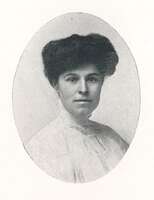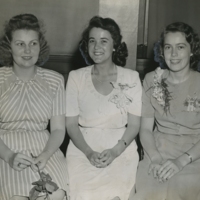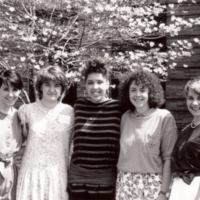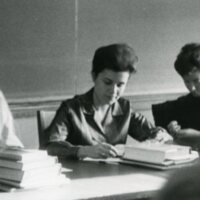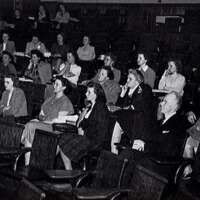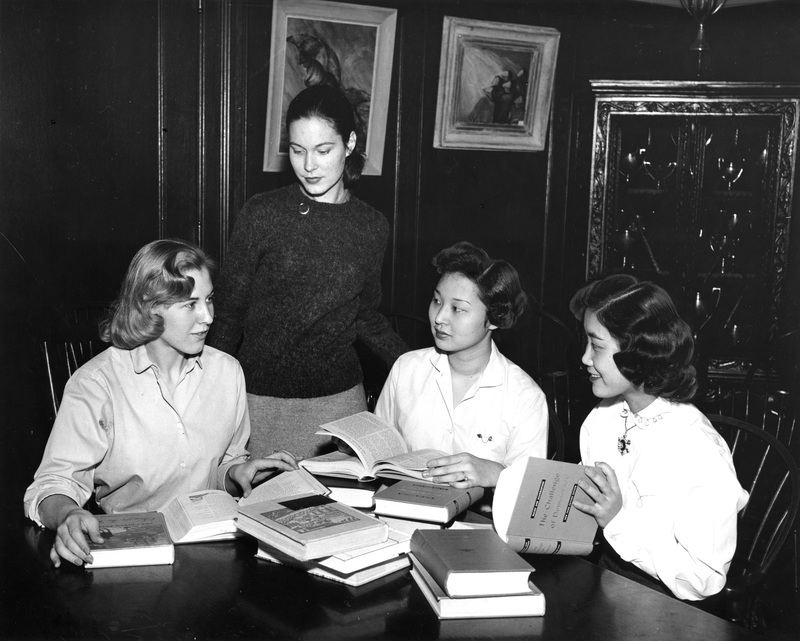Student Government
The earliest and most consistent type of student organization at Simmons during the University’s first 100 years was student government. The Student Guild was founded in 1902, the year that the University (then College) opened, and was the first club to be established at Simmons. Its goal was to advance the educational and intellectual growth of the college community.
All students were considered members of the Student Guild, and the group established sub-committees to deal with different aspects of the school. Early sub-committees included the Council on Dormitory Government and the Committee on Student Conduct.
Beginning in 1912, the Student Guild, composed of the President and Vice President of each class and representatives from the graduate students, was presided over by the Senior Class President.
In 1915, the Student Guild became known as the Student Government Association (SGA).
With responsibilities that included overseeing new student clubs, committees, and events, the SGA was an essential part of student life. As Simmons grew throughout the years, the SGA's responsibilities expanded to further include coordination of social activities and other campus organizations.
The SGA was an important organizing force behind many events at Simmons including Field Day and May Day. The SGA also oversaw the Honor System that ensured dorm life rules were adhered to and served as the link between faculty, administration, and students.
As student government has always been an important aspect of college life, the SGA remains active at Simmons to this day.
Other types of student government organizations over the years have included the United States Student Assembly (USSA, founded 1944) and the National Student Association (NSA, founded 1947).
The USSA sponsored assemblies to clarify student thinking on world events, and at meetings members had open discussions on current problems of labor and management, racial and religious issues, and international organization.
The NSA was a non-partisan, non-political college student organization authorized and supported by the official student governing bodies of American colleges. Its purpose was to represent the community of interests of US students and to work on campus, regional, and national levels to promote friendlier and closer relations among students at home and abroad.
Among its aims were the development of more independent and democratic student governments and newspapers. As such, the senior representative of the NSA was awarded a seat on the SGA council.
